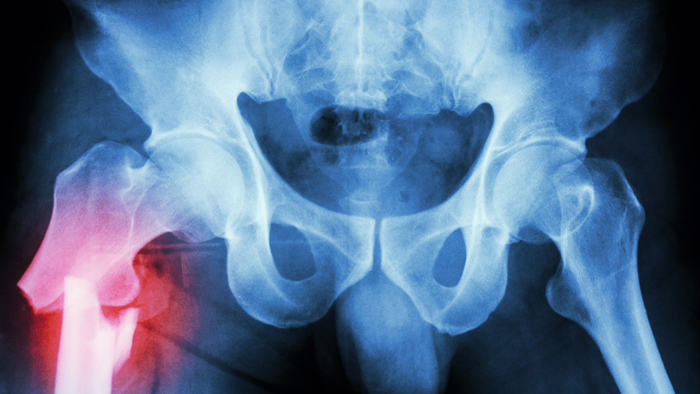
What do you do when the desire to do something is greater than the ability to actually execute the thing? This is a real happening for many aging retirees who are interested in pursuing new crafts and hobbies.
A few months ago, I signed up for a pottery class. I was extremely enthusiastic about picking up a hobby I hadn’t done since high school. Throwing pots and working with the dense rich clay again was a huge desire that resurfaced since retiring years ago. I got everything I needed: the coffee table text, the clay, the required wood and metal tools, and even a darling gray apron that coincidently matched my shoes. I was all set!
Then we flipped on our electric pottery wheels and leaned in. Within five minutes I knew the arthritis in my hands would not stand for another five minutes let alone an hour or more turning and shaping and beautifully creating a bowl, a cup, or a plate. Mon dieu! What was I thinking and why hadn’t the possibility of this situation occurred to me before I began?
Our bodies act differently as we age. Why hadn’t this fact surfaced in my consciousness? Why not? Because I wanted it. I could see myself transfixed by the serenity of such a lovely activity. I had nearly a romantic sensation about throwing pots. Creating something useable was secondary to what my mind saw as a relaxing and very satisfying hobby.
Has This Ever Happened to You?
Have you ever started something – a class, a volunteer position where you were on your feet all day, or something like a craft or hobby, and found – either suddenly or over time – that ultimately you’d never be able to continue because your body was negating the idea? Perhaps it’s gardening or playing with your grandkids, or hiking or softball. It can be so disappointing!
You’ve probably experienced firsthand just how much our bodies don’t function as well when we age. These changes become increasingly the focus of our social interactions with others experiencing the same aches and pains. You’ve heard of organ recitals, yes? There’s good conversation in sharing how our bodies disappoint us and prevent us from doing something we enjoy.
I recently saw on Facebook one of my friends who recently retired sharing pictures of his newly purchased motorcycle. This wasn’t a Vespa or scooter; this was a massive bike weighing over 750 pounds. My first thought was, “Ah, the mind said yes; the body will likely disagree at some point.” But, hey; I say go for it as long as you can!
So, Do We Just Give Up?
No, I don’t think we give up doing the things that we love. Instead of using the potter’s wheel, I create clay pieces strictly by hand that can require less pressure and use some studio equipment that makes the overall process easier.
Activities like babysitting the grandkids can be a joint activity with your spouse or friend. Gardening can be done in social groups that go from one friend’s house to another each weekend to help create that connection with nature while enjoying fellowship. Obviously, your hikes can be shorter and less strenuous. These are just a couple of examples of changes that might be made to keep you involved while not putting strain on your body. Instead of doing, we can teach that thing we love, or just observe it, or support it either financially or with your time.
No, alternative actions aren’t the same. But identifying our body’s boundaries and work arounds can keep you engaged in that thing you love for many more years in your life.

